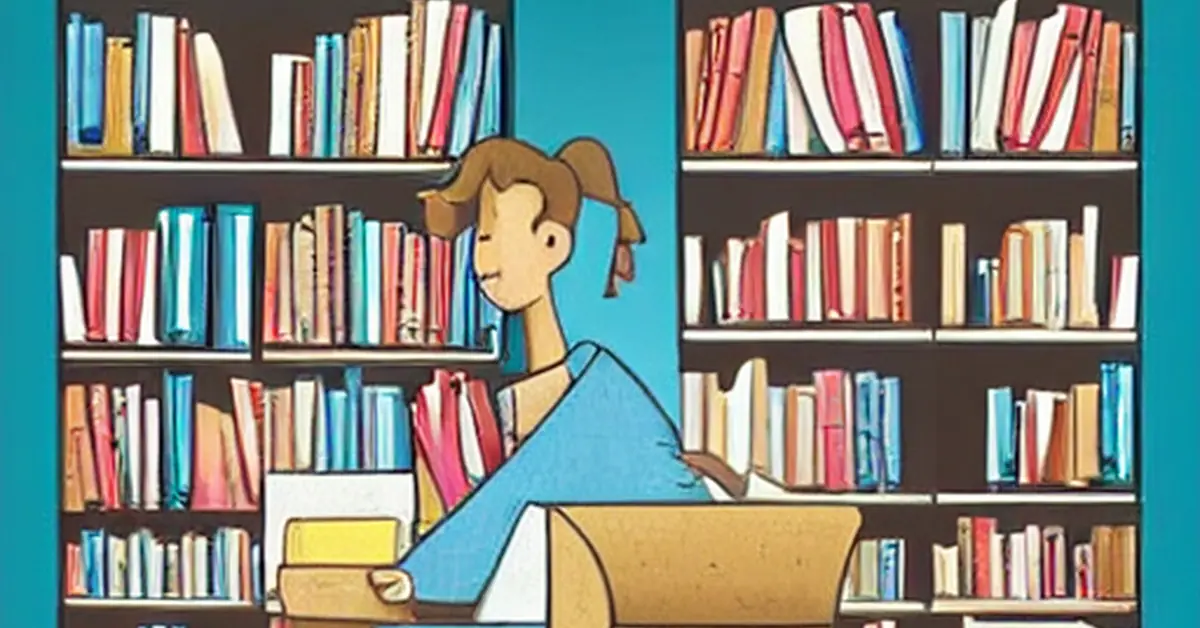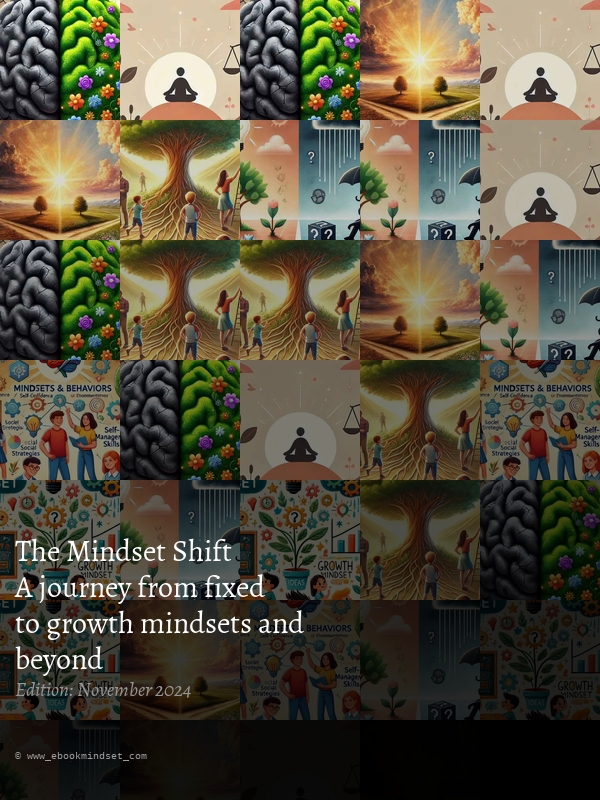Understanding the Library Mindset: A Deep Dive into Transformative Books
In an age where information is abundant and attention spans are fleeting, the concept of a "library mindset" has gained traction. This mindset emphasizes the importance of reading not just for knowledge acquisition but for personal growth, critical thinking, and emotional intelligence. This article explores the essence of the library mindset, its implications for readers, and highlights key books that embody this philosophy.
What is the Library Mindset?
The library mindset is a way of approaching reading that encourages deep engagement with texts. It promotes the idea that books are not merely tools for acquiring information or achieving business success, but rather gateways to understanding complex ideas, fostering empathy, and stimulating intellectual curiosity. This perspective challenges the prevalent notion in some circles that books should serve solely as productivity tools or self-help manuals.
Key Characteristics of a Library Mindset
- Curiosity-Driven Reading: Engaging with books out of genuine interest rather than obligation.
- Critical Thinking: Analyzing and questioning the content rather than passively absorbing information.
- Emotional Engagement: Connecting with characters and narratives on a personal level to foster empathy.
- Lifelong Learning: Viewing reading as a continuous journey rather than a destination.
The Evolution of Reading Culture and the Impact of Technology
Historically, libraries have served as sanctuaries for knowledge seekers. With the rise of digital media and fast-paced lifestyles, reading habits have shifted significantly. The digital age has transformed how we consume information. E-books, audiobooks, and online articles provide instant access to vast amounts of content. While this accessibility is beneficial, it often leads to superficial reading habits characterized by skimming rather than deep engagement. The library mindset counters this trend by advocating for intentional reading practices that prioritize depth over breadth.
Why Embrace a Library Mindset?
Adopting a library mindset can lead to numerous benefits:
- Enhanced Critical Thinking Skills
- Improved Empathy
- Greater Retention of Knowledge
- Personal Growth
Recommended Books for Cultivating a Library Mindset
| Book Title | Author | Key Themes |
|---|---|---|
| Mindset: The New Psychology of Success | Carol S. Dweck | Growth vs. fixed mindset; resilience |
| The Power of Habit | Charles Duhigg | Habit formation; behavioral change |
| Atomic Habits | James Clear | Small changes leading to significant results |
| Thinking, Fast and Slow | Daniel Kahneman | Cognitive biases; decision-making |
| The Midnight Library | Matt Haig | Regret; choices; alternate lives |
| Sapiens: A Brief History of Humankind | Yuval Noah Harari | Human evolution; societal development |
| The Alchemist | Paulo Coelho | Personal legend; dreams; destiny |
Delving Deeper into Selected Titles
Mindset: The New Psychology of Success
Carol Dweck's seminal work explores the concept of mindsets—specifically, how a growth mindset can lead to greater achievement and fulfillment. This book encourages readers to embrace challenges and learn from failures, aligning perfectly with the principles of lifelong learning inherent in the library mindset.
The Power of Habit
Charles Duhigg delves into the science behind habit formation. By understanding the mechanics of habits, readers can take control of their behaviors and make positive changes in their lives—an essential aspect of cultivating a library mindset focused on personal growth.
Thinking, Fast and Slow
Daniel Kahneman's exploration of cognitive psychology reveals how our minds operate. This book challenges readers to reflect on their decision-making processes and recognize cognitive biases. By fostering awareness of these mental shortcuts, readers can enhance their critical thinking skills—an integral part of the library mindset.
The Role of Fiction in Developing Empathy
Fiction plays a crucial role in developing empathy. Through storytelling, authors provide insights into diverse cultures, struggles, and triumphs.
Notable Fictional Works for Empathy Building
- To Kill a Mockingbird by Harper Lee
- The Kite Runner by Khaled Hosseini
- The Book Thief by Markus Zusak
- A Man Called Ove by Fredrik Backman
Practical Tips for Cultivating a Library Mindset
- Set Reading Goals
- Create a Reading Environment
- Reflect on What You Read
- Join Book Clubs or Discussion Groups
- Limit Digital Distractions
Conclusion
Embracing a library mindset transforms reading into an enriching journey toward personal growth and understanding. By prioritizing deep engagement with texts, readers cultivate critical thinking skills, empathy, and lifelong learning habits. Incorporate these practices into your reading life today—your future self will thank you!




